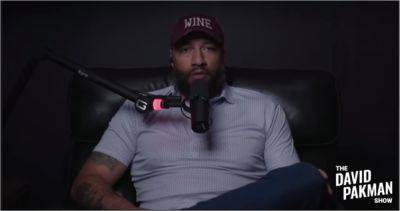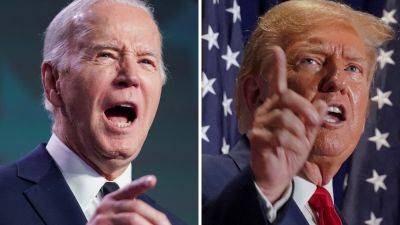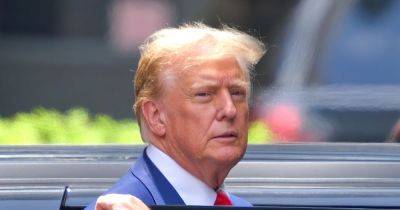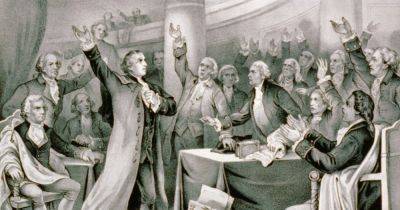Senators place blame for sky-high drug prices on abuse of the patent system
WASHINGTON — The drug industry’s top lobbying group on Tuesday faced fierce questioning at a Senate Judiciary Committee hearing that explored whether abuse of the patent system is responsible for keeping prescription drug prices sky-high in the United States.
The patent system is meant to reward innovation by allowing drugmakers to exclusively sell new medications on the market for a set period of time — typically 20 years.
During this time, other companies can’t make generic versions of the drug, severely limiting competition.
Senators across the political spectrum on Tuesday accused drug companies of abusing the system.
"I'm a big believer in our patent system, and I believe in the exclusivity that is provided to people who discover new life-saving drugs," Sen. John Cornyn, R-Texas, said. "But at the same time, I'm angry when I look at the abuse of the patent system."
Companies may file as many as 160 patents for any given drug, Cornyn said.
That tactic is referred to as "evergreening" — an industry practice in which a drugmaker extends the patent by making small tweaks to the drug or the device used to deliver the medication.
Sen. Peter Welch, D-Vt., said that Novo Nordisk currently holds 25 patents on Ozempic, 21 of which have to do with the injectable pen that delivers the medication and not the drug itself.
The practice of making tweaks to a drug or its delivery device is not illegal, Arti Rai, a professor at Duke University School of Law, told lawmakers.
Still, the federal government has tried to blunt efforts to prevent generic competition. Late last month, the Federal Trade Commission challenged hundreds of patent listings it said were intended to prevent lower priced drugs from reaching the market.
Jocelyn







